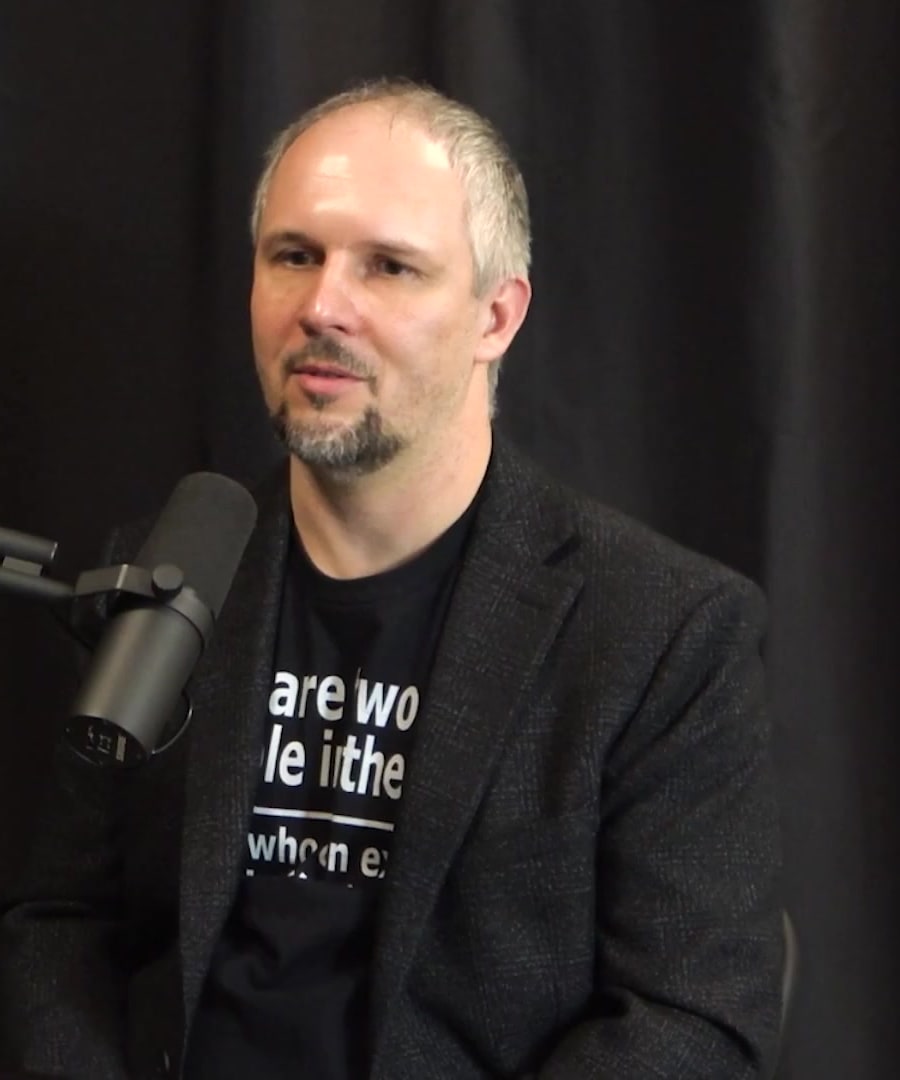Rare Earth Hypothesis
Sources:
The Rare Earth Hypothesis suggests that Earth's precise conditions, which made life possible, are exceptionally rare in the universe. Here's a synthesis of discussions from Lex Fridman's podcast:
-
Unique Conditions of Earth: Lex Fridman discusses how Earth’s combination of factors, such as the distance from the sun, the balance of water and land, and protection from asteroids, make it a unique environment for life. These conditions might make Earth one of the few places, or possibly even the only place, in the universe capable of supporting complex life 1.
-
Microbial Life: Jeffrey Shainline adds that while microbial life might be common on planets within the habitable zone, the development of complex life forms, such as those from the Cambrian Explosion, is likely rare. This implies that simple life forms could be widespread, but advanced, complex organisms could be exceedingly rare 2.
-
Origin of Life Uncertainties: Katherine de Kleer reflects on the mysteries surrounding the origin of life on Earth. Without a clear understanding of how life began here, it’s challenging to assess the likelihood of its occurrence elsewhere. The uniqueness of Earth's life-supporting conditions raises questions about the prevalence of alien civilizations and their potential similarities to Earth’s conditions 3.
These perspectives collectively highlight the idea that while basic life might emerge readily under varied conditions, the unique combination required for advanced life is exceptionally rare, validating core tenets of the Rare Earth Hypothesis.
RELATED QUESTIONS-


